The road to hell, it’s said, is paved with good intentions. We all start out with the most admirable of aims – or at least we like to think we do – but the correlation between outcome and intention seems to be minimal, at best.
From the terror of the French Revolution to the violence of nationalism, from the Victorian workhouse to the McCarthy witch hunts or electro-shock therapy, history is littered with such ultimately disastrous examples. Perhaps what they all share is an overconfidence in their own rightness, and righteousness, and an inability to take account of alternatives.
Across the world, we can see this happening once again, in the form of religious fundamentalism. In this issue of IAI News we challenge radical Islamist preacher Anjem Choudary to defend his belief in the violent and rigidly exclusive doctrine of Sharia law.
Elsewhere we learn that it was the best intentions of science fiction authors that killed the space race. It may have harmed the long-term future of the human species, laments one of the genre's leading exponents, Adam Roberts.
Likewise, the Millenium Development goals were intended to help eradicate world poverty. In fact, argues philosopher Thomas Pogge, the statistics have constantly been fiddled, and the result has been both a fraud and a betrayal.
The war on drugs was similarly well-intentioned, but the results too have been disastrous. Rising criminalisation and a completely unregulated illegal market: it’s time to put a stop to it, argues journalist Mary Ann Sieghart.
Meanwhile, in response to recent criticism on IAI (from Bob Johnson, Richard Bentall, David Healy and others) of the overuse of drugs in mental health treatment, we have the President of the World Psychiatric Association, Dinesh Bhugra, outlining his vision for the future of the discipline. Only time will tell where his good intentions might take us.
In some ways, our inability to predict the future and understand the consequences of our own intentions is hardly surprising. All knowledge floats in nothingness, argues pioneering quantum physicist Carlo Rovelli. But this does not make it meaningless, he says; it actually makes what knowledge we do have even more precious.
Image credit: cUb3P1xL







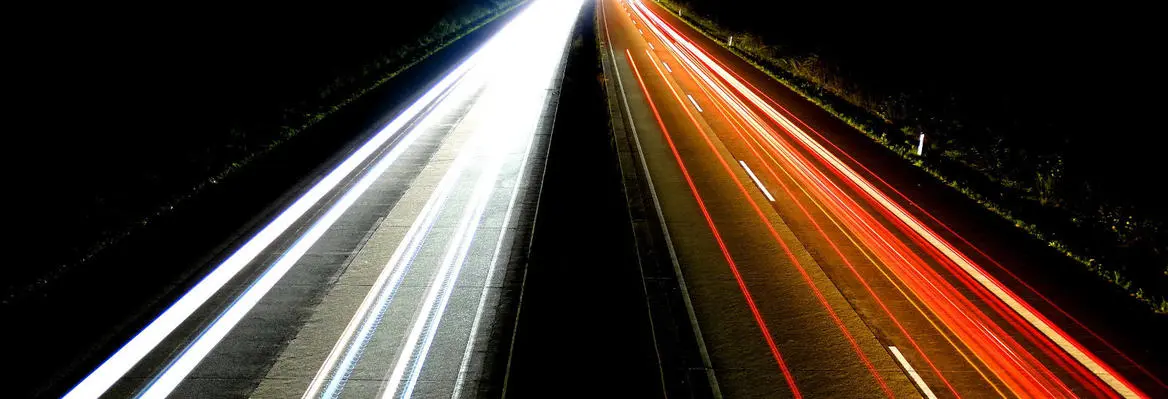



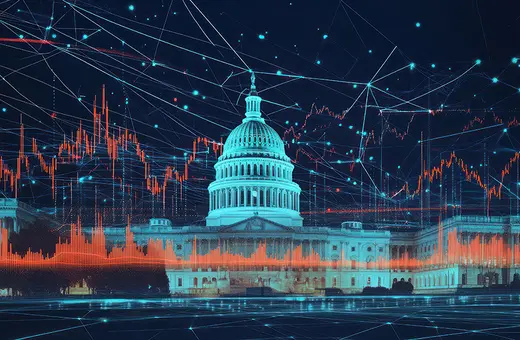
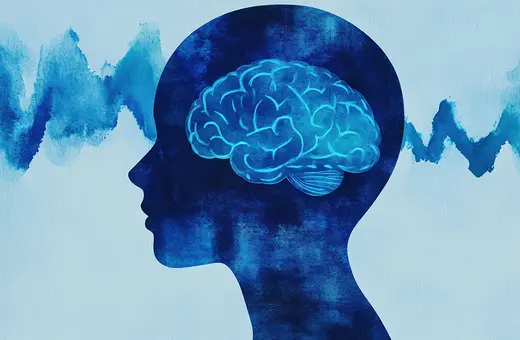


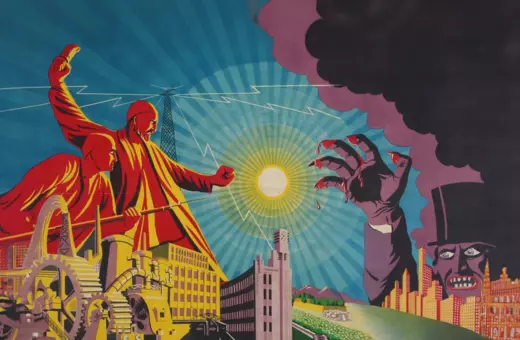
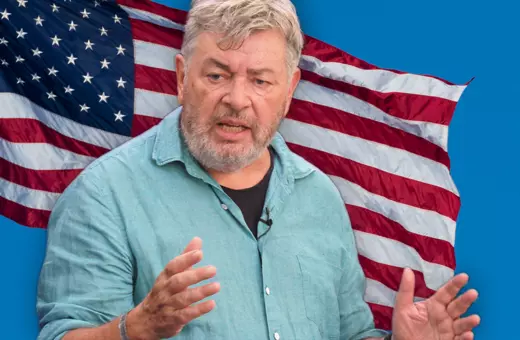



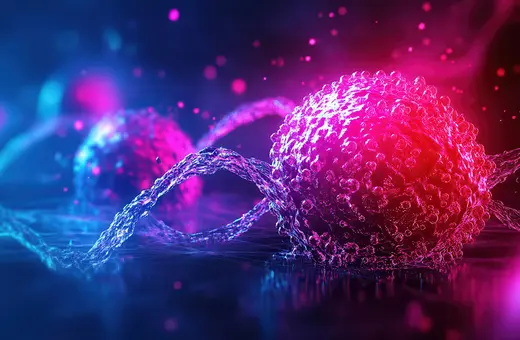
Join the conversation